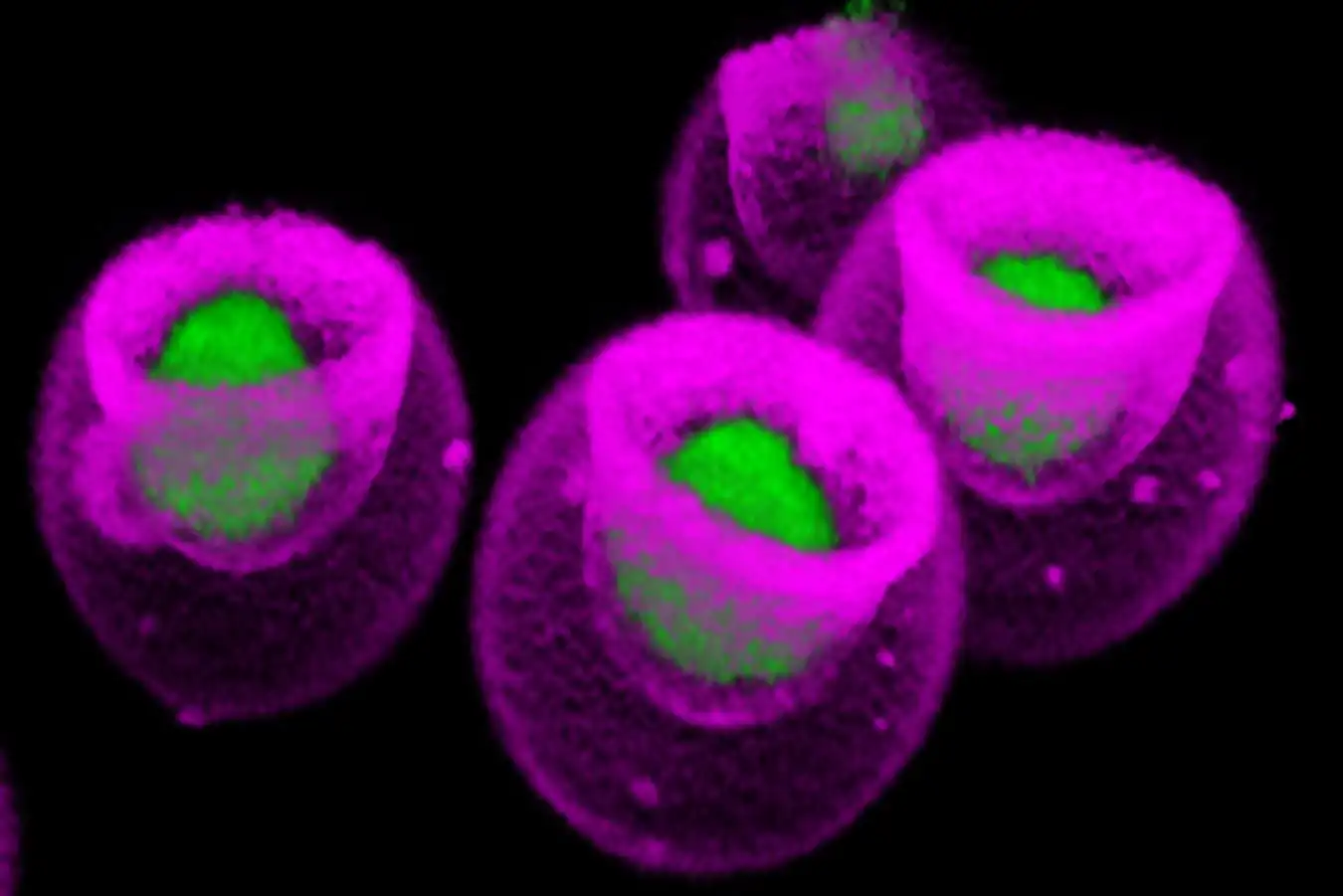UCLA Study Challenges Long-Held Beliefs Bioengineering Stem Cell Dynamics
UCLA scientists discover genetic instructions for boosting protein secretion, with big implications for biotech and cell therapy. #UCLA #StemCells #Biotech
UCLA researchers have identified surprising genetic instructions that can boost protein secretion in mesenchymal stem cells, which could have significant implications for biotech and cell therapy. This discovery challenges the long-held belief that altering a cell's DNA to produce more genetic instructions for a specific protein will cause the cell to release more of that protein. The researchers found that gene expression only weakly correlated with the actual secretion of the growth factor VEGF-A in mesenchymal stem cells, which are known for their potential to repair damage from various conditions.
The study, published in the journal Nature Nanotechnology, revealed that other genes better correlated with growth factor secretion, including one that codes for a protein found on the surface of some stem cells. By isolating stem cells with this specific protein on their surface, the researchers were able to cultivate a population that secreted VEGF-A prolifically and consistently over time. This finding challenges the traditional assumption that higher gene expression leads to higher protein secretion, opening up new questions and possibilities for biotechnology and cellular treatments.
The implications of this discovery are far-reaching, as it could lead to more efficient manufacturing of antibody-based treatments and the development of new cellular treatments that are more effective. Knowing the right genetic switches to flip could enable the engineering or selection of exceptionally productive cells for making or delivering therapies. The study was conducted using nanovials, microscopic bowl-shaped hydrogel containers, which allowed the researchers to connect the amount of VEGF-A released by each mesenchymal stem cell to an atlas mapping tens of thousands of genes expressed by the same cell.
The ability to link protein secretion to gene expression on the single-cell level holds great promise for life science research and therapeutic development. The researchers identified a cluster of 153 genes with strong links to VEGF-A secretion, many of which are known for their function in blood vessel development and wound healing. One of the top matches encodes a cell-surface protein, IL13RA2, which showed 30% more VEGF-A secretion than cells without the marker. This discovery could help improve the effectiveness of therapies based on mesenchymal stem cells, as it allows for the separation of high VEGF-A secreters for more targeted treatments.
The study was supported by the National Institutes of Health and a Stem Cell Nanomedicine Planning Award funded jointly by the California NanoSystems Institute and the Broad Stem Cell Research Center. This groundbreaking research has the potential to revolutionize biotechnology and cell therapy, offering new insights into the fundamental processes of life and advancing human health.











Comments on UCLA Study Challenges Long-Held Beliefs Bioengineering Stem Cell Dynamics